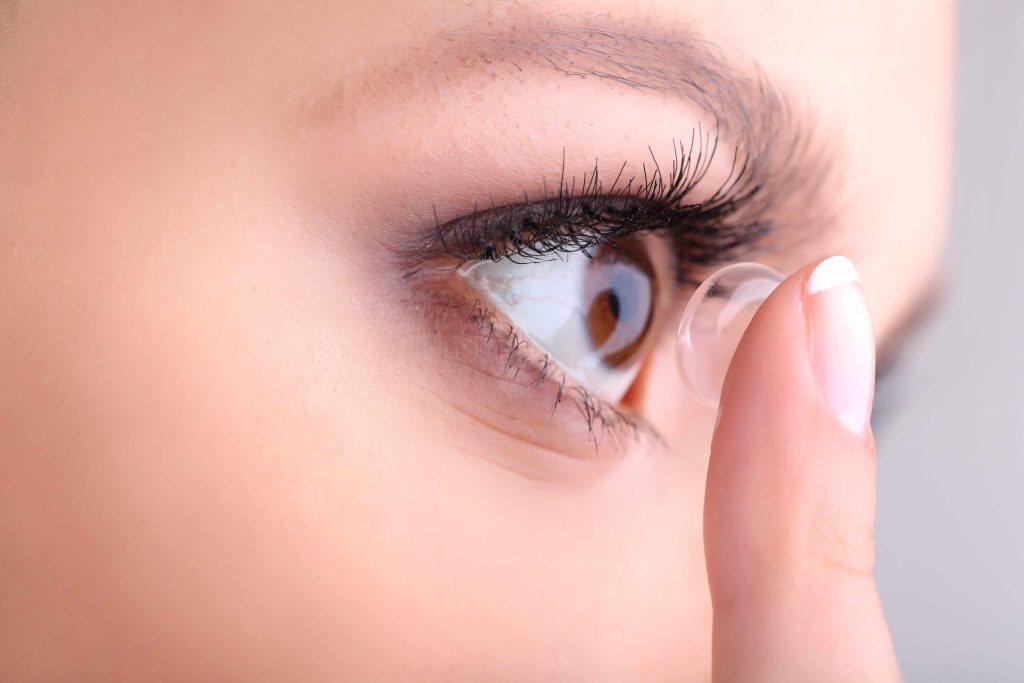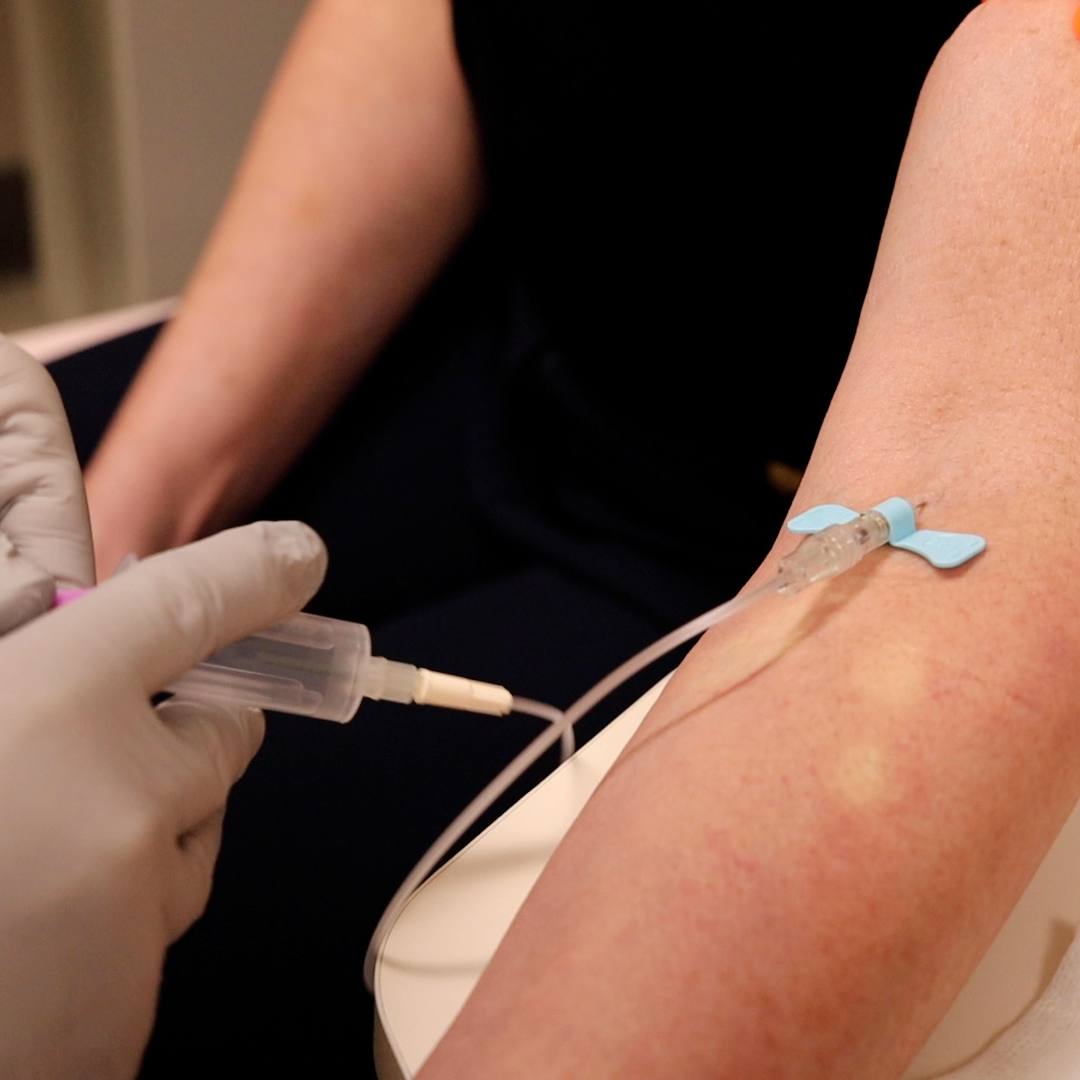-
Health & Wellness
Consumer Health: Are contact lenses right for you?

Contact Lens Health Week will be observed Aug. 16–20, which makes this a good time to learn more about contact lenses and whether they might be right for you.
An eye exam involves a series of tests to evaluate your vision and check for eye diseases. Regular eye exams can detect eye problems at their earliest stage — when they're most treatable, and might provide clues to your overall health. Eye dilation, which is part of many eye exams, causes your pupils to widen, allowing in more light and giving your health care professional a better view of the back of your eye. This may help diagnose common disease and conditions, such as diabetes, high blood pressure, macular degeneration, retinal detachment and glaucoma.
Regular eye exams also give your eye care professional a chance to help you correct or adapt to vision changes. Several tests may be conducted, including a visual acuity test, refraction assessment, and visual field or perimetry test, to determine if you need corrective lenses to improve your vision. Laser refractive surgery, such as LASIK, is another option for correcting some vision problems.
For many people, including those tired of wearing glasses and not interested in surgery, contact lenses are the right choice. Several types of contact lenses are available, and the best type for you will depend on your vision problem, lifestyle and budget.
Soft contact lenses are the most commonly prescribed contact lenses. They can be used to correct various vision problems, including:
- Nearsightedness, or myopia.
- Farsightedness, or hyperopia.
- Blurred vision, or astigmatism.
- Age-related loss of close-up vision, or presbyopia.
Rigid gas-permeable lenses also provide clear, crisp vision for people with most vision problems. This type might help if you've tried soft contact lenses and been unsatisfied with the results, or if you have dry eyes. Depending on your vision needs, you also might consider specialized contact lenses, such as hybrid and multifocal contact lenses.
Eye infections and other injuries related to poor contact lens hygiene can lead to permanent damage to your eyes. No matter the type of contact lens you choose, these guidelines can prevent problems:
- Practice good hygiene.
Before handling contacts, wash your hands with soap and water, rinse and dry them with a lint-free towel. - Minimize contact with water and saliva.
Remove your contact lenses before you swim or use a hot tub. Don't put your lenses in your mouth to wet them. - Take care with contact lens solutions.
Use only commercially prepared, sterile products designed for the type of contact lenses you wear. Discard the solution in the contact lens case each time you disinfect and store your lenses. Gently rub and rinse your lenses, as directed by your eye care professional. Don't use contact solution that's past the expiration date. - Replace contact lenses and cases, as recommended.
Follow manufacturer guidelines for replacing your contact lenses. Clean and rinse your case with sterile contact lens solution each time you finish using it. Don't use tap water. Consider flipping over the case while it's air-drying to drain any solution. Replace your case every three months. - Avoid over-the-counter contact lenses.
Over-the counter contact lenses can cause eye injuries and infections. If you're interested in decorative contact lenses, talk to your eye care professional.
Connect with others talking about vision, contact lenses, and supporting one another in the Eye Conditions support group on Mayo Clinic Connect, an online patient community moderated by Mayo Clinic.
Related Articles







